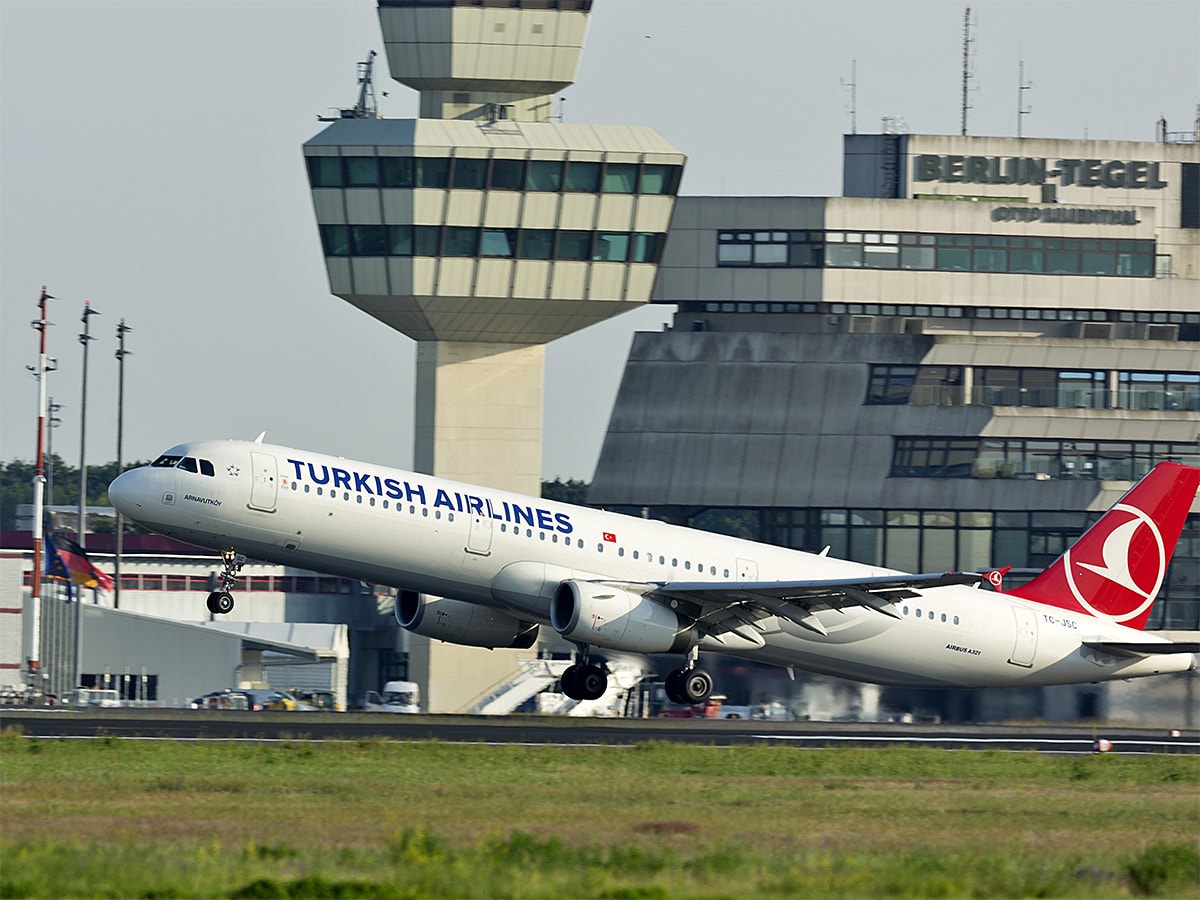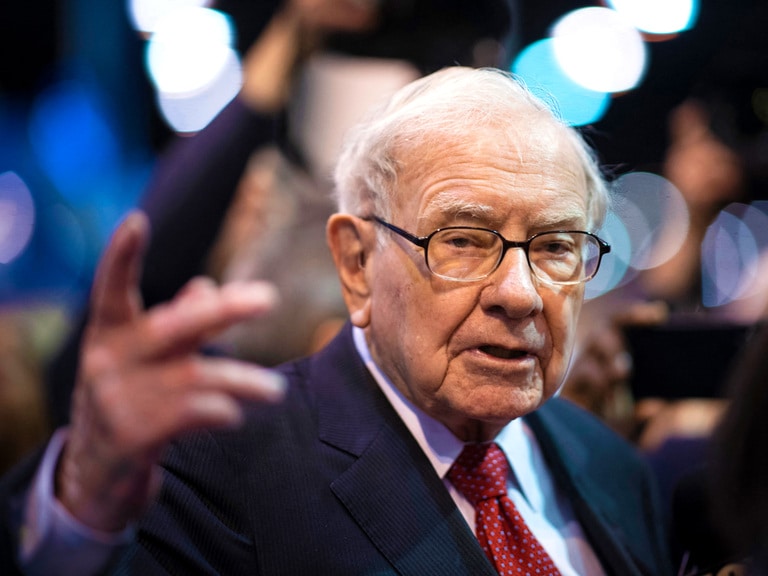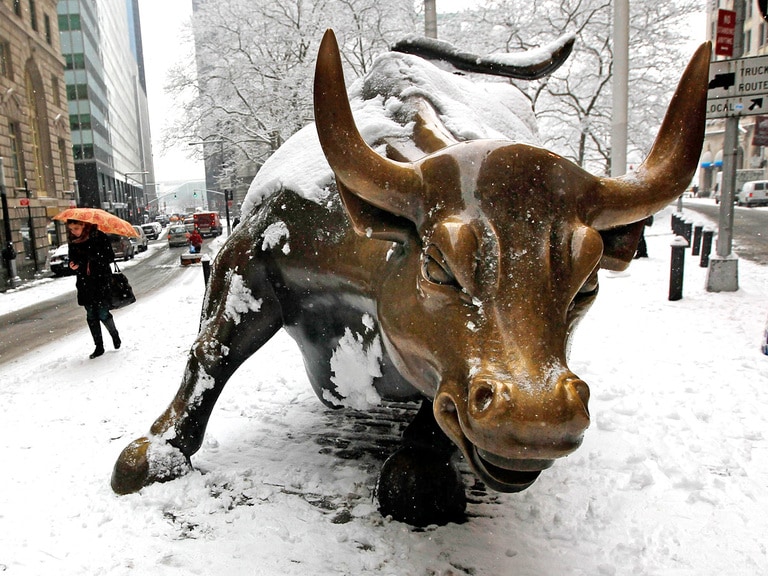In many ways, emerging market countries have been hit harder by the coronavirus pandemic than the UK and US, with higher levels of COVID-19 cases, less robust healthcare systems, and a sharp drop in exports.
So, has this affected how emerging markets have performed compared to developed markets this year?
Year to date, the Vanguard FTSE Emerging Markets ETF [VWO] is up 9.3% to 16 December and has gained 66.15% since dropping to a 52-week low of $29.96 back in March. More importantly, the fund is up 6.2% since Pfizer [PFE] became the first company to announce a viable COVID-19 vaccine candidate pre-market on 9 November.
The iShares MSCI Emerging Markets ETF [EEM] has performed similarly, climbing 10.79% so far this year to 16 December, and gaining 68.5% since its 52-week low recorded in March. The fund is up 5.8% since Pfizer’s announcement.
10.79%
iShares MSCI Emerging Markets ETF rise year to 16 December
For comparison, the FTSE 100 is down 13.6% year to date and up 31.5% from its 52-week low; the S&P 500 is also up 13.6% year to date and 68.8% from its 52-week low. The two indices have gained 11.1% and 5.5% respectively since the Pfizer announcement.
Similar headwinds and tailwinds
As with UK and US stocks, firms operating out of emerging markets have also soared or plummeted depending largely on whether they’re stay-at-home or recovery stocks.
MercadoLibre [MELI], a Nasdaq-listed e-commerce company with its headquarters in Buenos Aires, illustrates this. MercadoLibre’s share price was up an impressive 173.6% year to date through 16 December.
MercadoLibre has delivered strong numbers over the last several quarters, most recently reporting revenue of $1.1bn for the three months to the end of September. That marks an increase of 85% year over year — its highest growth rate to date. It delivered a net profit of $83.1m, having reported a net loss of $81.9m in the year-ago quarter.
The company is continuing to build a presence in Latin America and has been granted a license to operate as a financial institution in Brazil, which will allow it to extend its credit offering. However, the fact the company operates out of Argentina, an emerging market, means that Wall Street investors often underestimate it, according to The Motley Fool contributor Danny Vena.
“[MercadoLibre] is half the size of Shopify [SHOP]. There's still an enormous path for continued growth. People look at the stock and see it's up thousands of percent over the past decade. It's really important to emphasise that this is still a young company that still has an enormous prospect to grow much, much larger. Latin America is a huge growth market. There are a lot of countries there that are getting wealthier and more populated. The next decade, the next 20 years, are going to be enormous,” Vena said in an episode of Fool Live.
“Latin America is a huge growth market. There are a lot of countries there that are getting wealthier and more populated. The next decade, the next 20 years, are going to be enormous” - Danny Vena
While e-commerce boomed during the pandemic, brick-and-mortar retailers had to ride out the market volatility. Indian grocery retailer Avenue Supermarts [DMART.NS], which operates the DMart store chain, has seen its share price soar 40.1% for the year to 17 December. Perhaps more importantly, the stock has gained 11.5% since the announcement of the first vaccine candidate.
As reported by The Smart Investor, analysts at IDBI Capital said that India's online grocery retailers have seen website traffic fall by up to 50% over the last month and a bit.
"This is positive for modern retailers like DMart, as the company continues to outperform competition by offering [the] highest discount in most of the categories despite having the lowest contribution from private label products," the analysts wrote.
“This is positive for modern retailers like DMart, as the company continues to outperform competition by offering [the] highest discount in most of the categories despite having the lowest contribution from private label products” - Analysts at IDBI Capital
Although the coronavirus pandemic has had an impact on operations, the analysts added they were confident the stock would continue to perform thanks to its merchandising and attractive value.
With the airline industry having been lifted higher on tailwinds created by the vaccine news, Turkish Airlines’ [THYAO] share price is down 14.2% for the year to date but is up 71.9% from its 52-week low in March, which it hit as long-haul travel collapsed. The stock has jumped 32.5% since Pfizer’s announcement.
In a boost to business, Turkish Cargo — a division of Turkish Airlines — has been chosen to transport the Sinovac vaccine from China to Brazil and has been increasing cold storage capacity as a result.
Weak dollar crucial for debt stability
While stocks in emerging markets seem to be moving in reaction to current news and positive sentiment, the key will be whether this continues through 2021.
Speaking to Bloomberg in September, Kota Hirayama, a senior emerging markets economist at SMBC Nikko Securities in Tokyo, said: “Emerging markets have yet to see infections topping out, whereas the focus is shifting in developed nations to post-pandemic economic measures. Emerging market economies are more susceptible to downward pressures from the pandemic, so overseas investors are hesitant to invest.”
“Emerging markets have yet to see infections topping out, whereas the focus is shifting in developed nations to post-pandemic economic measures. Emerging market economies are more susceptible to downward pressures from the pandemic, so overseas investors are hesitant to invest” - Kota Hirayama
The recent COVID-19 vaccine news has brought renewed optimism. According to the Financial Times, $90bn was pulled out of emerging market stocks and bonds back in March as pandemic fears gripped investors worldwide. Then, on the back of Pfizer’s announcement, investors started to pour back in, and emerging market equities have rallied. Investors have also been buoyed by expectations that the dollar will weaken by up to 20% next year.
The hope is that the vaccine breakthrough will help emerging markets to recover, but there will undoubtedly be challenges ahead. The logistics of implementing nationwide inoculation programmes, especially for India’s 1.3 billion population, is just one example.
There are concerns as well that, if the dollar fails to weaken, emerging markets could struggle with the debt that countries have built up as a result of trying to finance their way out of the COVID-19 crisis, the Financial Times notes. This could result in investors pouring out of emerging markets once more.
Disclaimer Past performance is not a reliable indicator of future results.
CMC Markets is an execution-only service provider. The material (whether or not it states any opinions) is for general information purposes only, and does not take into account your personal circumstances or objectives. Nothing in this material is (or should be considered to be) financial, investment or other advice on which reliance should be placed. No opinion given in the material constitutes a recommendation by CMC Markets or the author that any particular investment, security, transaction or investment strategy is suitable for any specific person.
The material has not been prepared in accordance with legal requirements designed to promote the independence of investment research. Although we are not specifically prevented from dealing before providing this material, we do not seek to take advantage of the material prior to its dissemination.
CMC Markets does not endorse or offer opinion on the trading strategies used by the author. Their trading strategies do not guarantee any return and CMC Markets shall not be held responsible for any loss that you may incur, either directly or indirectly, arising from any investment based on any information contained herein.
*Tax treatment depends on individual circumstances and can change or may differ in a jurisdiction other than the UK.
Continue reading for FREE
- Includes free newsletter updates, unsubscribe anytime. Privacy policy





